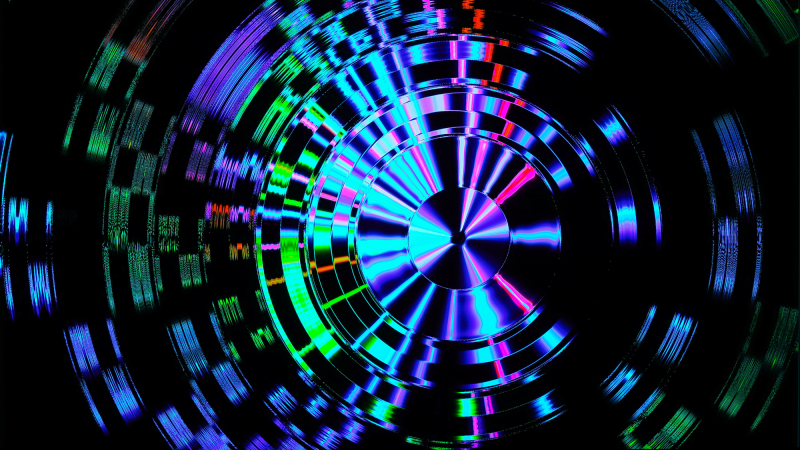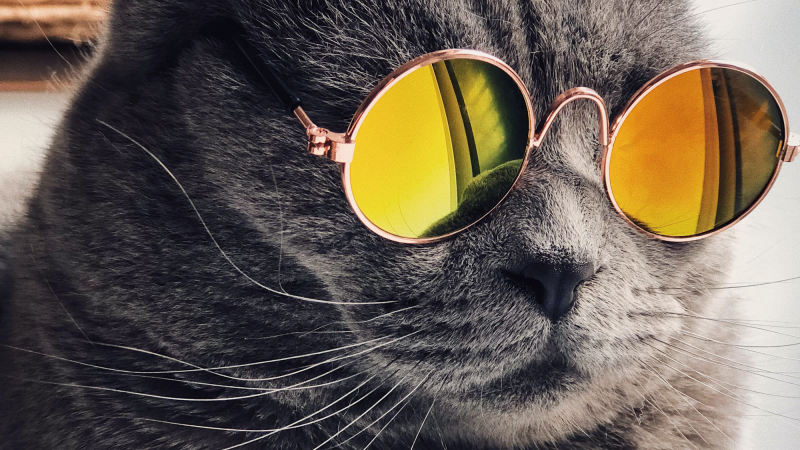They can talk to angels, they're intuitive, and their aura is an unusual vivid blue. In this hour of To the Best of Our Knowledge, we'll find out about indigo children. The new age movement says they're here to save the world, but modern medicine says they're normal kids with attention deficit...Read more
Episode Archives
When the Soviet Union fell, China was poised to take over as America’s next great enemy. The 9/11 happened and there was a new enemy. So, what about China? Next time, we’ll take a closer look at China today and what the future holds for US/China relations. Also, a talk with Nobel prize-...Read more
Nelson Algren said “Never play cards with a man called Doc. Never eat at a place called Mum’s. And never go to bed with a woman whose troubles are greater than your own.” In this hour of To the Best of Our Knowledge, we’ll catch up with Studs Terkel to talk about why an American master like...Read more
Listen to the experts and they’ll tell you the suburbs are boring, stifling places to live, full of bad architecture. Well, more than half of all Americans now live in suburbia. Can so many people be wrong? In this hour of To the Best of Our Knowledge, a defense of suburbs. Also, playwright...Read more
All the world's a stage! The Play's the thing. Fair is foul and foul is fair. Hardly a day goes by when the words that flowed so easily from Will Shakespeare's pen don't meet and greet us in the modern world. In this hour of To the Best of Our Knowledge, sweet William makes his way to the...Read more
Some critics call V.S. Naipaul the world’s greatest living writer. But his harsh views on Islam and the Third World have sparked enormous controversy. In this hour of To the Best of Our Knowledge, Naipaul talks about his life as a writer. Also, poetry for the ages: we’ll hear Yeats, Auden and...Read more
You watch two trench-coated boys walk into their high school and shoot everyone in sight. Then a demon drags them off to be tortured in Hell. No, it’s not the latest video game. It’s Hell House, a Halloween haunted house put on by a church in Texas. Next time on To the Best of Our Knowledge,...Read more
Bottle caps, coins, dolls, rocks. My Aunt Mary’s ceramic chickens. Most of us collect something. It seems to be in our genes. And for most of us it’s a fun hobby. For others, it can get a little time consuming. But for a few, collecting is an total obsession.
Amanda Petrusich is a music...Read more
Bombay is the largest city in the world. And one of the most confounding. Bar dancers, gangs, and Bollywood all call Bombay home, for better or worse. In this hour of To the Best of Our Knowledge, a Bombay-native takes us inside this Maximum City. Also, the writer of the hit movie "Monsoon...Read more
Jane Scott keeps strange company. While other women her age spend their time in knitting circles, Scott’s still hanging out with rockers like Lou Reed and Alice Cooper (and showing off her backstage pass.) It’s her job. Or at least it was until she retired as rock critic for the Cleveland...Read more
Whitney Houston, Celine Dion, Brittney Spears – divas? Nah. Maria Callas – now she was a diva! In this hour of To the Best of Our Knowledge, two great ladies with leather lungs – Maria Callas and Judy Garland – their triumphs and tragedies from Onassis to Oz. And other...Read more
Imagine a scenario where universes bubble up out of black holes. Space itself can boil, and humankind may have to fight for survival by building gigantic atom-smashers the length of several star systems. That future may be closer than you think. In this hour of To the Best of Our Knowledge,...Read more
 Scientists are launching one of the most audacious projects ever conceived: a detailed map of the human brain, neuron by neron, synapse by synapse. For some scientists...Read more
Scientists are launching one of the most audacious projects ever conceived: a detailed map of the human brain, neuron by neron, synapse by synapse. For some scientists...Read more
Child rape at Penn State. A murderous rampage in Norway. A new civil war in Sudan. Ruthless drug cartels. The wars in Iraq and Afghanistan. Hate Crimes. Murder. Genocide. What is wrong with us? Are we really that bad?Read more
Boots on the Ground: Stories from the War in Iraq
Part Four
President Obama says our combat mission in Iraq will end by August 31, 2010. This leaves many unanswered questions. What was our mission in Iraq? Did we succeed? What will...Read more
If you find Shakespeare a bit intimidating, you might want to check out the Reduced Shakespeare Company. Its actors do a version of “Hamlet” forward and backwards – all in two minutes. Next time on To the Best of Our Knowledge, Shakespeare as you’ve never heard him before. Also, the great...Read more
As the Bible famously says, "there is nothing new under the sun." That's pretty bleak. If it's all been said and done before, what's left? In this hour of To the Best of Our Knowledge, remix culture. Digital sampling, audio hacking, mash-ups… In today's music and art it's all about mix and remix...Read more
Ask any babbling baby. Talking’s fun! At least it is until the grammarians get after you. But Patricia O’Connor says we can all relax, there’s nothing wrong with splitting an infinitive and there never was. In this hour of the Peabody-Award winning program To the Best of Our Knowledge we...Read more
How do we know what's real? Can science tell us, or is there an unseen reality we'll never understand? We explore the borderlands of knowledge and reflect on some remarkable episodes in the history of science - Nobel laureates who investigated ghosts and a pioneer of quantum physics...Read more
John Cheever was sometimes called the "Chekov of the Suburbs." Cheever's characters often find themselves struggling with issues of conformity and class in American suburbia. Much like their creator himself. We'll explore the life and work of John Cheever with his biographer, Blake Bailey. Also...Read more
When the world turns green again, it makes us all a little giddy! In this hour of To the Best of Our Knowledge, we’ll pull on our gum boots and get out into the garden with novelist Jamaica Kincaid, who’s grown a map of the Carribean at her Vermont home. Sharon Lovejoy, author of Roots, Shoots...Read more
Who really rules the internet? Cats, of course. We can't take the cuteness anymore so here it is -- our first and only show about cats. Cat videos, superstar cats, cat music, cat history, endangered cats... and a little, tiny bit about dogs.Read more
Do you have a tattoo? One in five American adults do. It seems there are tattoo parlors everywhere. What’s most popular? Quotes from great works of literature. "So it goes."Read more
Physicist Brian Greene sees an elegant universe – one where even baking a batch of cookies can yield surprising lessons about the fabric of the universe, or watching an egg splatter suggests a model for the Big Bang theory. In this hour of To the Best of Our Knowledge, thoughts from one of the...Read more



